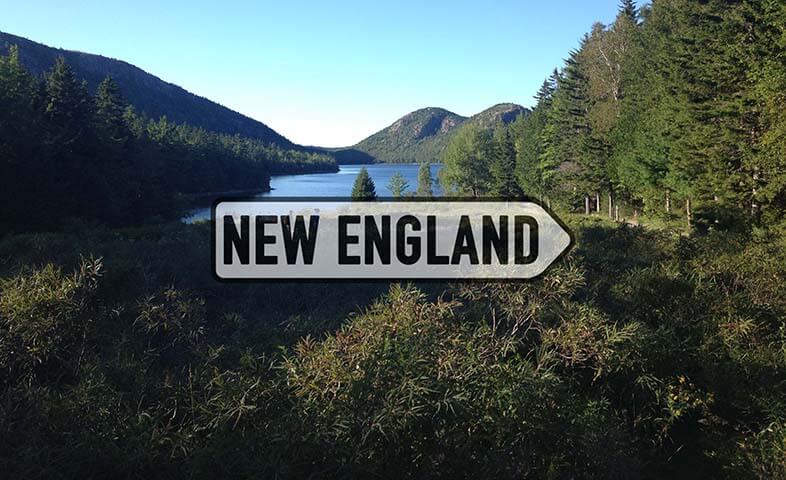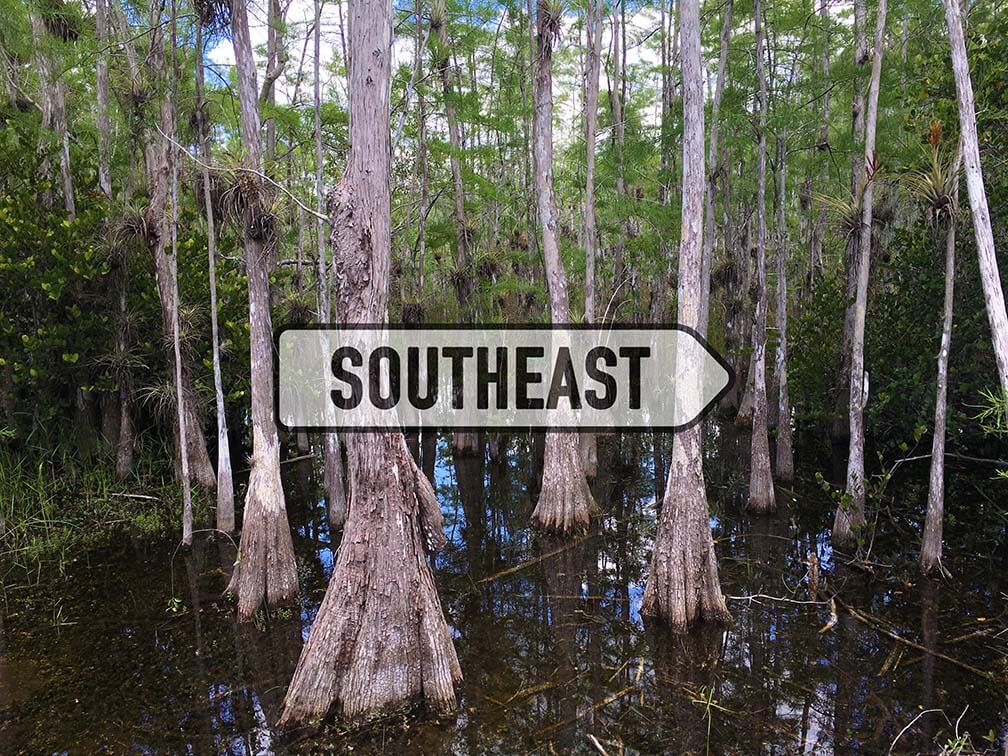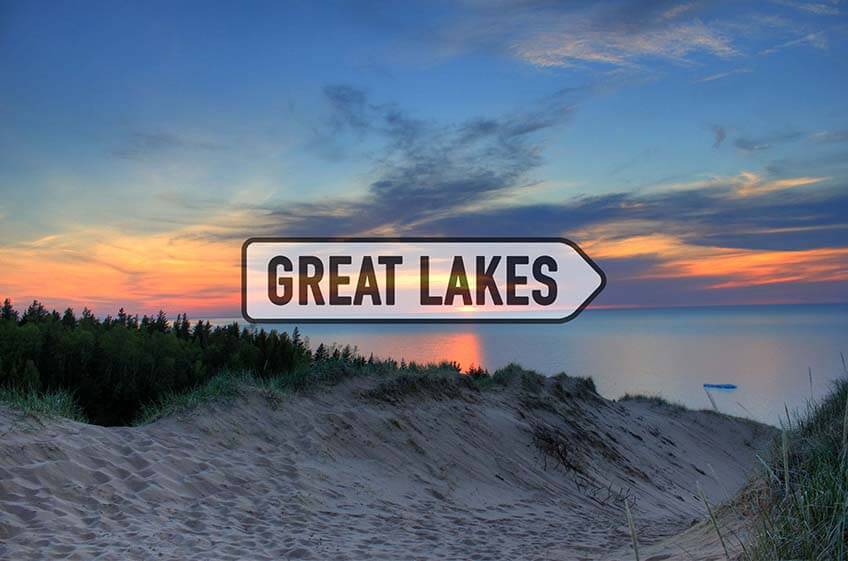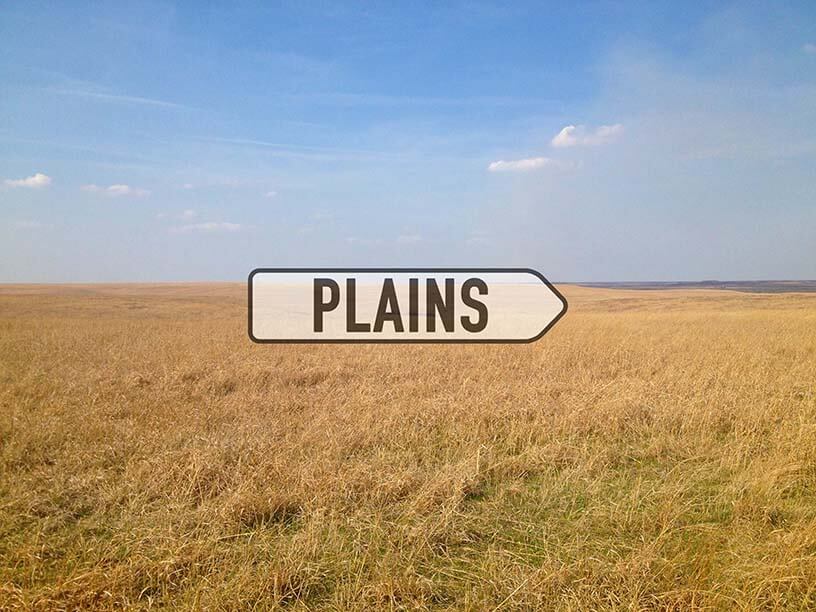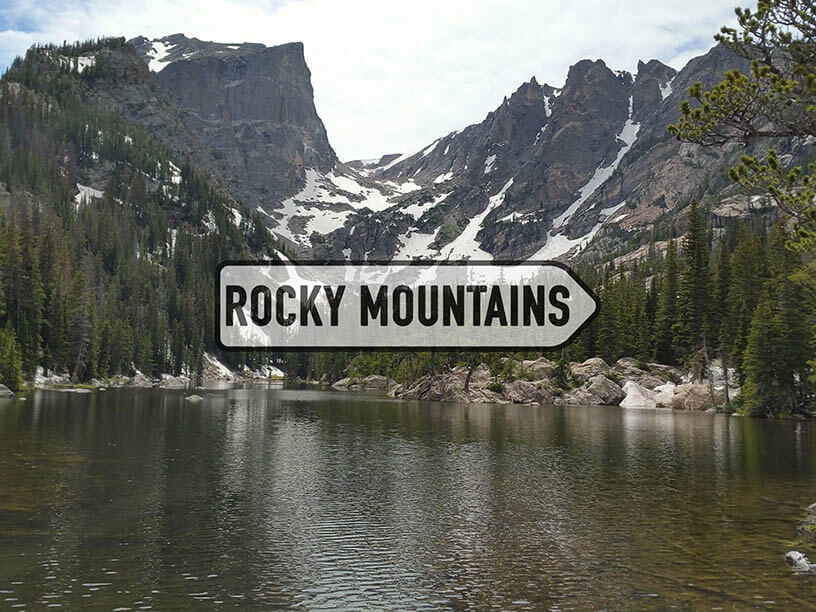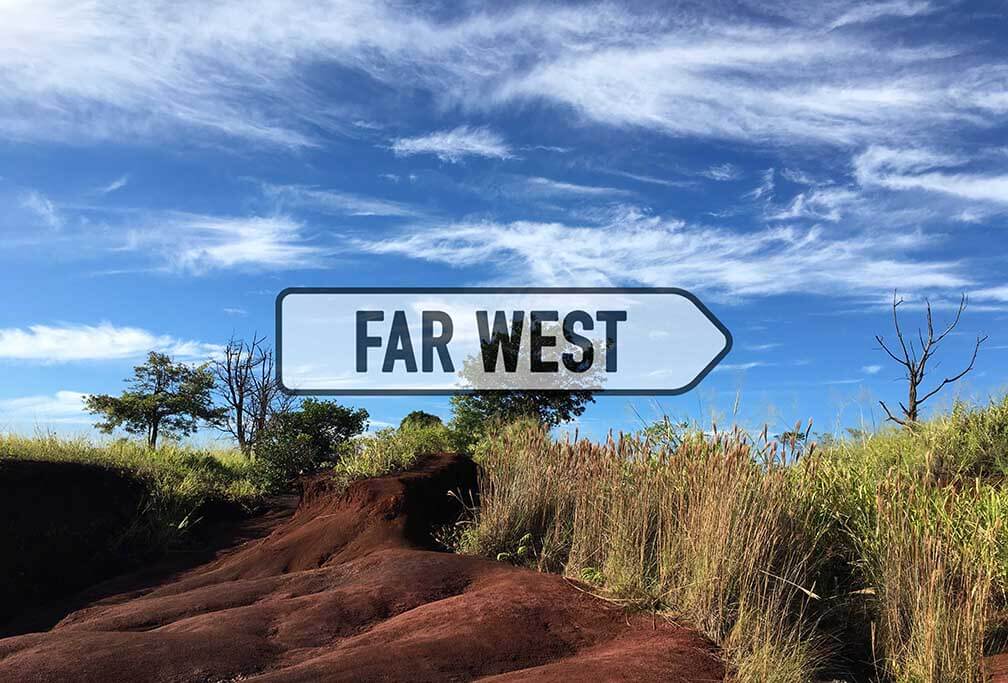If viewing on your mobile phone, please rotate your phone to landscape mode to see the poem formatted as intended.
I didn’t mind the wet echoes or the tonnage
of limestone hovering heavy above my body.
I didn’t even mind when the guide warned us
about the river’s murky paintbrush water—
how the cave snakes devoured little girls’
fingers, especially ones with sparkly nail polish,
so we should keep our hands in the boat.
For an hour, we floated. Stalactites like fangs
above us. Sharp enough, if they fell, to pierce
our proudly badged vests. We were earning
Outdoor Adventurer that day—a squirrel
with a telescope to sew beside last month’s
crimson cross: Brownie First Aid. A hush fell over us
when the guide briefly killed the boat’s only lamp.
Like a sleepover séance, we honored the dark.
But there in the cave, I feared it. Water dripped,
struck the stone around us, and small tongues
smacked the boat’s rocking edge. I was too
aware of my lungs—the air thick as it struggled
to move between my body and the black hole we were in.
The darkness a blanket that didn’t want me to breathe.
The light switched back on. When the guide
asked who’d been able to see without it,
many sparkly fingernails shot into the air.
He laughed, his teeth glistening as he
called us liars: It’s absolute darkness in here.
But how was he to know little girls’ vision is only half
what they can see? In all his seasons guiding tourists
through that cave, maybe he hadn’t wondered
about the people who’d come before, not considered
the stories they’d left behind. For little girls,
there was always more: something to sense
in the dark as we earned our adventure badges.
Something to see without seeing. Warning signs that were
in our blood—or did we have to be trained?—to recognize.
Mary Ardery is from Bloomington, IN. Her work appears or is forthcoming in RHINO, Kettle Blue Review, and Gravel. She is currently pursuing an MFA at Southern Illinois University, Carbondale. Visit her at maryardery.com.



